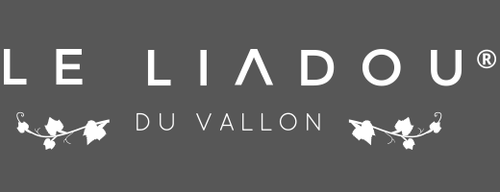
Like most of the great French monasteries of the Middle Ages, that of Conques had a land heritage of prime importance – its “temporal” –, made up of ecclesiastical benefices, priories, churches but also land and vineyards… and rights thereon. The cartulary of Rouergate Abbey thus brings together 571 charters of donations, sales or exchanges made in favor of the monastery, between 801 and 1225.
In Conques, a proven presence of vines since the 9th century
As this precious archival documentation attests, vines seem to be omnipresent in the Conques region, from 883 (in the hamlet of Verdus, on the heights of Saint-Cyprien)!
Of the 28 localities in Rougier de Marcillac appearing in the cartulary, 12 of them have vines on their territory. These are “ planted ”, “ built ” vines, which means that they were already laid out on terraces on the slopes.

From the 11th century, the principle of complantation was known in the region and a specific vocabulary is reflected in these medieval acts. It is thus a question of press ( torcularium ), cellar ( sotolo ), vats ( cubas ) and barrels ( tonnas )... It was around 1100 that the very term "vineyard" (in its Occitan form, vinobre ), meet for the first time.
But a century earlier, around 1013, it was in a cellar located in the hamlet of Molières (today the commune of Escandolières), not far from Glassac and Saint-Christophe, in the heart of the Marcillac vineyard, that the monks of Conques kept their wine... or tried to keep it since, according to a story in the Book of Miracles of Saint Foy, a local lord, named Hugues, had sent two of his servants to seize it. Upon the intervention of the saint, whose relics had reached Rouergate land around the year 866, the operation failed miserably, and the culprits lost their lives in horrible suffering...
Since ancient times, the cultivation of the vine has therefore remained inseparably linked to the prodigious history of the Abbey of Conques, and despite the rarity of preserved documentary sources, we can affirm, without fear of error, that the birth and the extension of the Marcillac vineyard also fits into this same context. Certainly, here as elsewhere, the monks remain and remain the “fathers of the vineyard” ( patres vinearum )!




















